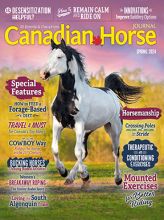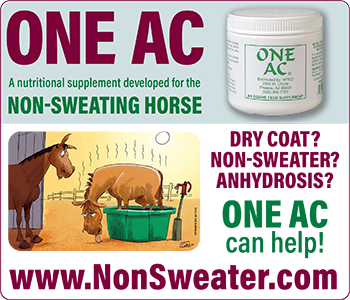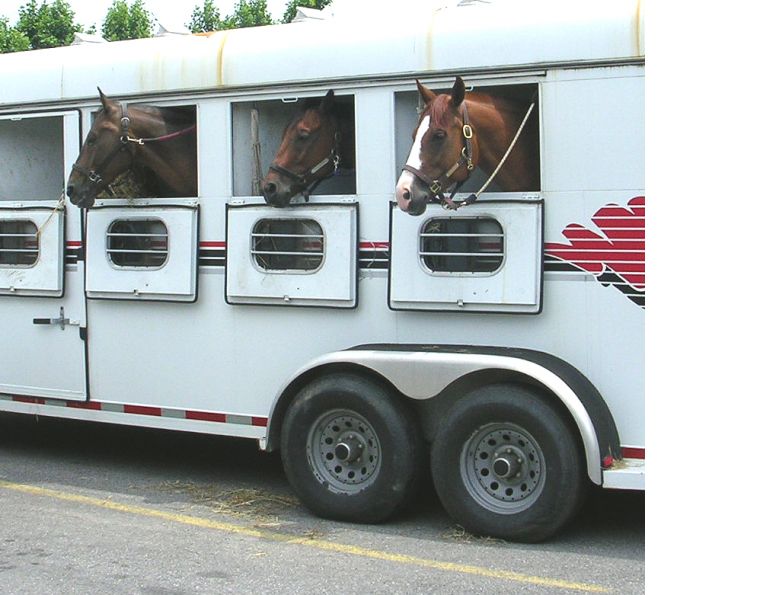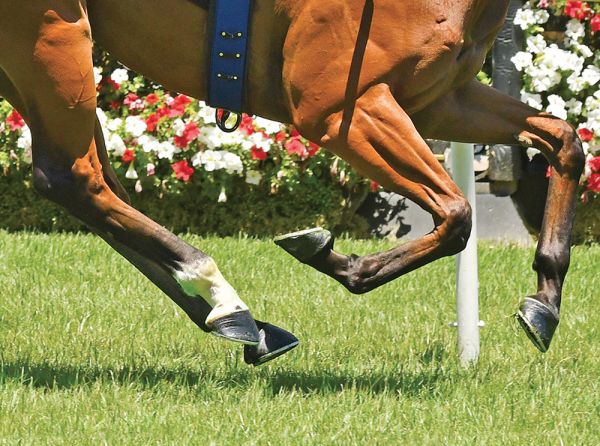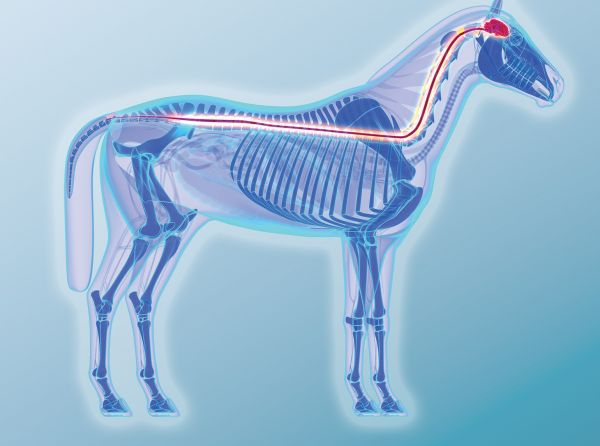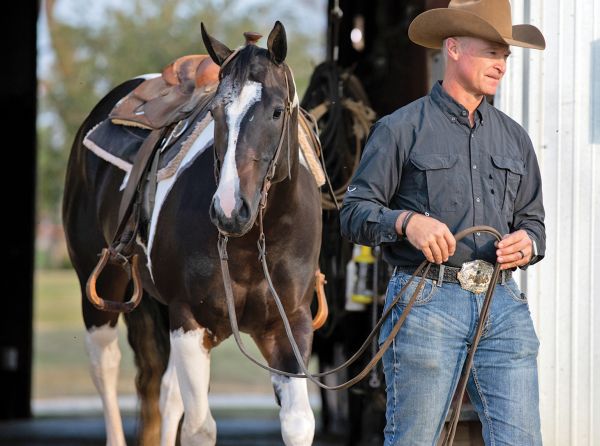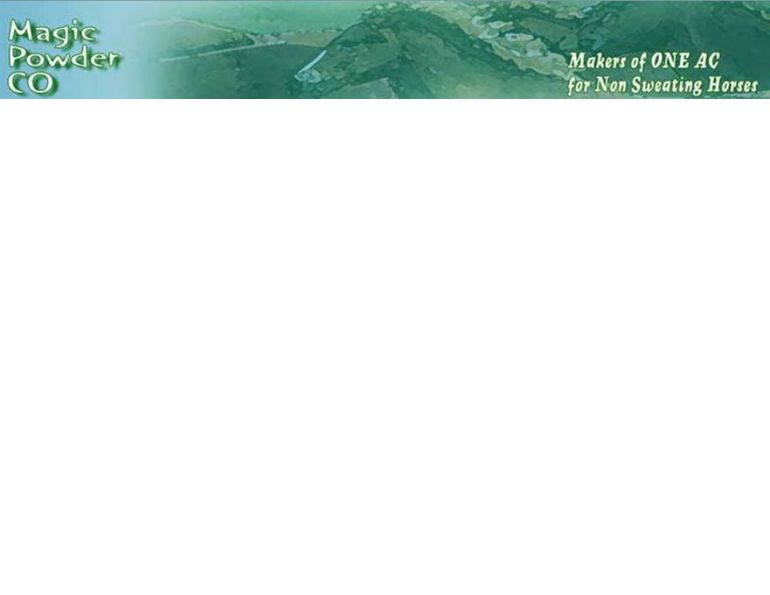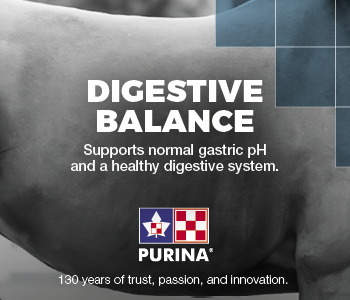By Kevan Garecki
You've just purchased a new (or new-to-you) horse trailer. Have you given any thought to what you will be using for a tow vehicle? If you’re thinking of hooking onto a six-horse gooseneck with a half-ton, think again. There are a number of factors you need to consider when pairing tow vehicle with trailer, including maximum truck load, trailer size, and gross trailer weight.
Here’s a simple table comparing unit types you could expect to safely pair up:

These weights are approximate, and are in no way meant to supersede manufacturers’ posted capacities. If you are ever in doubt, contact the dealership.
Never exceed the maximum rated weight for your truck and trailer combination. When calculating this, you must factor in all of the following:
- Truck weight
- Trailer weight
- Combined weight of all passengers likely to be in the truck at any one time
- Combined weight of all horses likely to be in the trailer at any one time
- Include the total weight of any and all tack, feed and water, gear, tools, and anticipated trophies and/or ribbons!
The wheelbase (the distance from the centre of the front axle to that of the rear axle) for a towing vehicle should be no less than 114 inches (290 centimetres). The wheelbase affects the stability of the combination; too short and the trailer can easily “steer” the truck, even in very moderate conditions.


